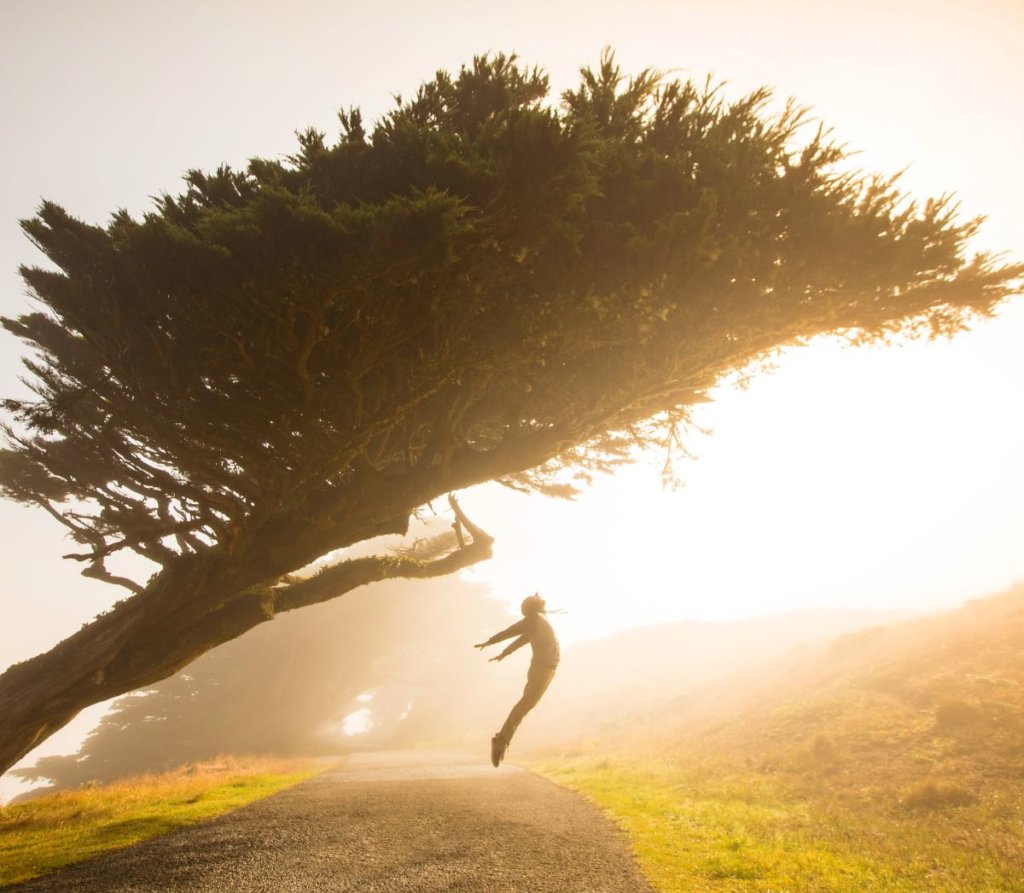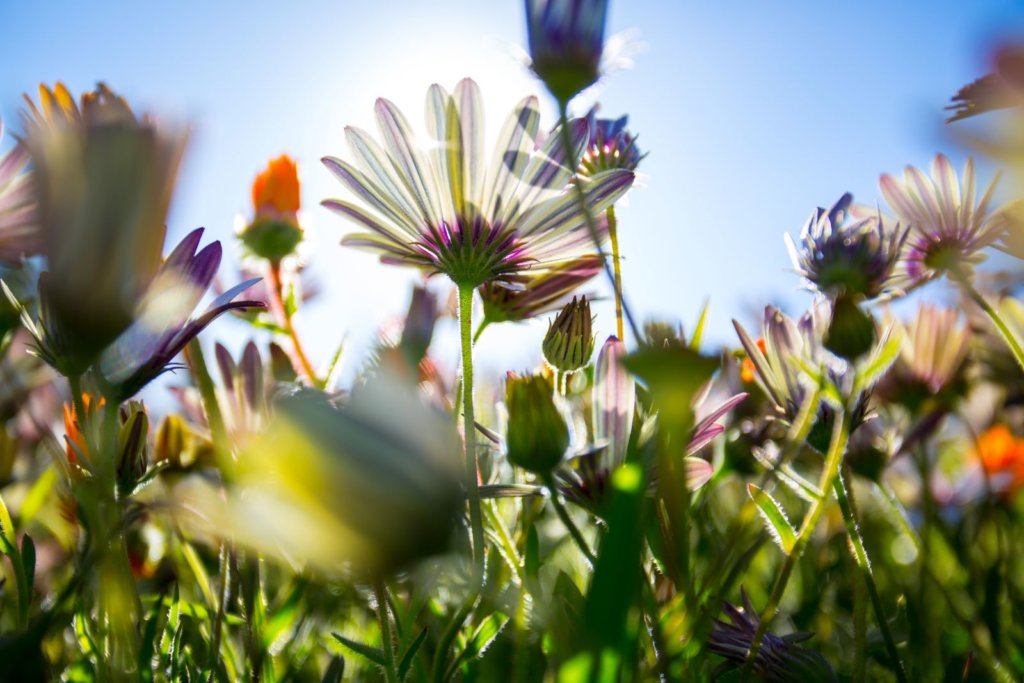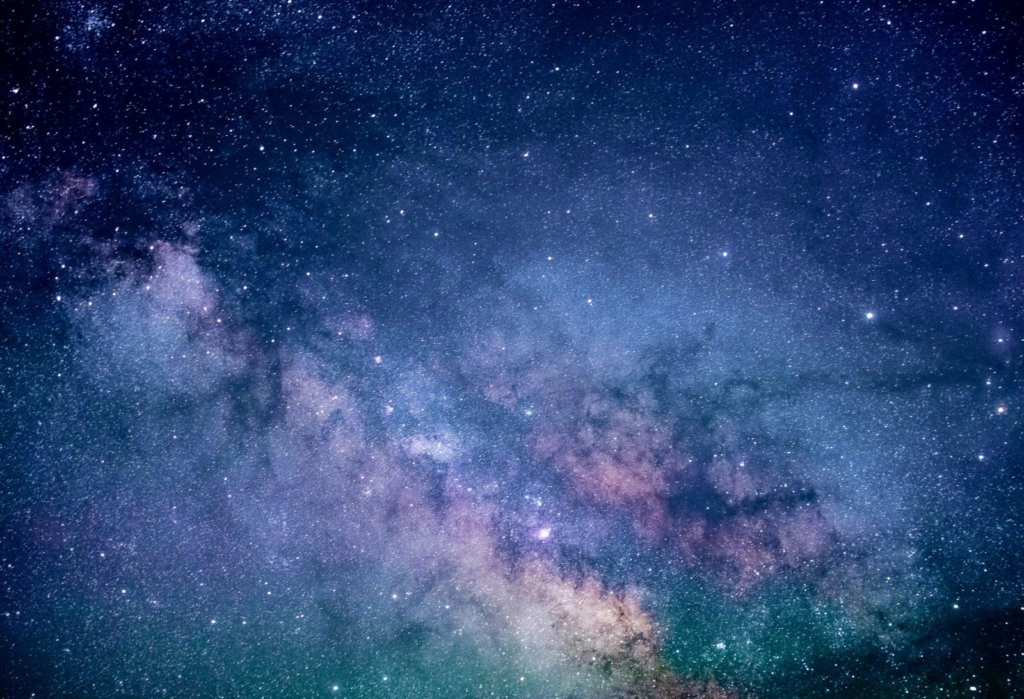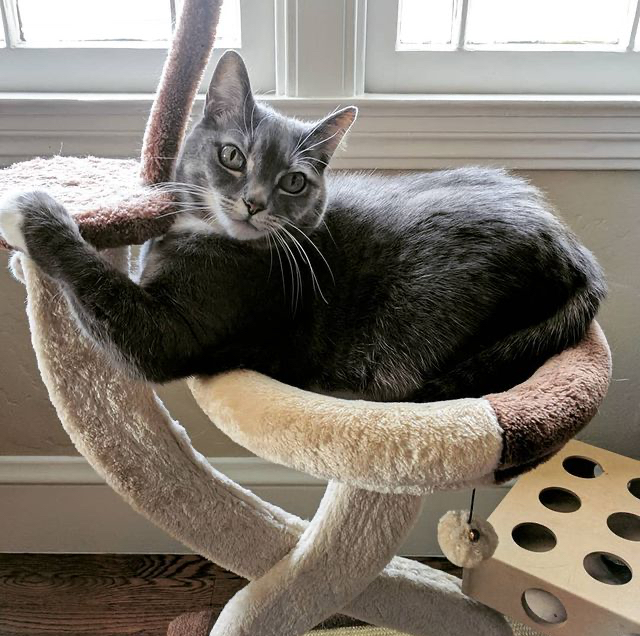Right now, Jews all over the world (myself included) are celebrating Passover. If you don’t know what Passover is or would like a refresher, it’s the story of Moses, the burning bush, and the 10 commandments. What continues to be most relevant in my opinion is how Moses commanded the Egyptian Pharaoh of the time to let the enslaved Jews go free, and the Pharaoh refused. As retribution, God delivered 10 plagues. (If you want to read the whole story, you can do so here.) If I had to summarize the story of Passover, it’s about escaping plagues and seeking freedom.
In Hebrew, the word for Egypt is Mitzrayim, which also means narrow spaces. Last year as we were in the early stages of COVID-19 and quarantine, Passover was especially symbolic. I think we all felt in an embodied way what it means to be in a narrow space either physically or emotionally.
This year society is in a different place and as such the holiday is resonating in a different way for me. Collectively, we’re still in the tight, narrow space, the metaphorical Egypt, but there’s also light at the end of the tunnel. We’re almost out of that place. And that’s what this holiday reminds us – that deep, dark, painful things happen to us in life, sometimes personally and sometimes collectively, but also there’s relief when those things are no longer there. That relief is what’s snagging my attention. Vaccines are rolling out and in my own state, everyone older than 16 will be eligible for vaccination by April 15th. I know there’s still time before it’s safe to breathe the same air as strangers without a mask, but still. We’re about to experience liberation and freedom in a way we have not since COVID-19 hit.

Free like this! Photo by Stephen Leonardi on Unsplash
To bring it back to Passover, I find it telling that when I said to a friend we should sing a melancholy song at our Zoom shabbat gathering, he said Passover isn’t a sad holiday. It’s joyous, it’s about celebrating freedom.
His comment struck me because so often I focus on the melancholy, the struggle, and not the joy. I know it’s premature to celebrate just yet because the pandemic is still affecting our lives – some more than others – but this holiday celebrates hope and courage without omitting the pain.
A quote that I think fits in nicely with the theme of Passover comes from Saint Bartholomew who said, “Many of us spend our whole lives running from feeling with the mistaken belief that you cannot bear the pain. But you have already borne the pain. What you have not done is feel all you are beyond the pain.”
Who are we beyond the pain of our personal and collective Mitzrayim? Who are we on the other side of transformation? Who will we be when we reach the metaphorical promised land? How will we operate? How will the world operate? I’m curious to find out. Passover reminds me of all this – pain and pleasure. But mostly, it reminds me how sweet it is to be free.
I dream of a world where we take heart from our ancestors. A world where we remember their lives – Jewish or not – were filled with not only suffering, but overcoming suffering. A world where we recognize we don’t have to run from pain because we’ve already experienced it countless times. A world where we feel all we are beyond the pain and remember how joyful freedom can be.
Another world is not only possible, it’s probable.
I keep thinking about the murders in Atlanta and what I can personally do other than what I’ve already done, which is to donate and speak out. What came to mind is writing on worldview. How you view the world is how you act in the world. If other people are less than, inferior, objects that exist solely for your pleasure, then it’s not hard to murder them or hurt them in some other way. The reverse is also true: If other people are equal to you, fellow human beings that have the same needs that you do, you’ll treat them with respect. Furthermore, the reality is we all need each other, we all have something special to give.
This concept is illustrated so beautifully in Gary Ferguson’s book The Eight Master Lessons of Nature. He writes about how each wildflower has its own strength that contributes to the whole. Some wildflowers have deeper roots that help them survive during drought periods and others have waxy leaves that allow them to contain moisture.

Variety is the spice of life for nature too! Photo by Gaston Roulstone on Unsplash
Every flower has a different survival strategy and together they keep the ecosystem flourishing. If all the flowers on a steep mountain slope perish, the soil would erode, the butterflies would flee, the elk would wander away, and the area would become a dead zone. Living among diversity is what keeps the area healthy. In other words, homogeneity spells death. That’s true not only for plants, but for humans too.
My spiritual teacher says:
“You should remember that human life is not like a single flower; it is like a bouquet or a garden of flowers blooming with many varieties of flowers. And this variety of blossoms adds to the collective beauty of the garden. Had there been only magnolia graniflora or one variety of rose only blooming in the garden, although that single flower might be very attractive, still the garden as a whole would not be very lovely. A garden is all the more beautiful because of the flowers of various types and hues.
“Similarly, we human beings must also move forward while maintaining a harmonious adjustment among all the diverse aspects of individual and collective life. We must discover unity in the midst of colorful diversity. Not only will we realize this in the future, we are realizing it even today, and thus we have been able to consolidate even our limited power. And you know that even a little power, if consolidated, becomes stronger than even a mighty force.”
We are stronger together and we are stronger diversified. There’s room not only for one kind of person, but for all people. And instead of trying to assert dominance of one group or another, let’s reminder that all of us together are what keep this planet and our society alive.
I dream of a world where we treasure the contributions that we each make. A world where we value diversity. A world where we understand we are stronger because of it. A world where we remember what the wildflowers teach us.
Another world is not only possible, it’s probable.
Last week I wrote about the perspective Bhutan has taken in this pandemic that everyone is a part of one big family and how that’s played out in terms of the country’s policies. Here in the U.S., the more prevalent perspective is one of rugged individualism and separateness. Instead of viewing all of us as being in this together, we operate from a materialist worldview that says only matter is real and humans are alienated from not only each other, but everything.
From this perspective, consciousness is a “strange aberration that happens as an accidental byproduct of chemical interactions,” to quote my friend Amal Jacobson. The materialist worldview says the cosmos doesn’t have any consciousness and thus it becomes much easier to objectify, well, everything. Nature doesn’t have any value beyond its utilitarian value. A tree is worth more dead than it is alive. Furthermore, nature becomes something “out there” that we go to. We see this in the way we, me included, talk about nature. “I was out in nature in this weekend” is a common phrase we all say.

We are this and this is us. Photo by Jeremy Thomas on Unsplash
However, “out in nature” implies we’re separate from nature, that somehow we’re not included in this vast universe. The phrase also implies that we could ever get away from nature. That’s not possible even in the densest of cities because the very ground we stand on is nature, and furthermore, we are natural too.
Rebecca Solnit speaks to this in a Sierra magazine article when she writes, “It took the pervasiveness of radioactive fallout in the 1950s and pesticides in the 1960s to wake conservationists up to the fact that nothing is separate, and you can’t truly protect a place by setting it apart.”
You can’t protect a place by setting it apart because it’s impossible to truly be apart. That’s why there’s so much emphasis on intersectionality these days. We all intersect in various ways. Environmental justice goes hand in hand with social justice, for instance, because who typically pays the price for environmental destruction? Black, brown, and indigenous people. This cosmos is a spider web and if you pull on one thread, it vibrates the rest of them.
I have a friend who acknowledges this every morning in his prayers. He says, “I am eternally grateful to be an integrated particle in the infinite universe of your wisdom and will, and to live in your abundance and prosperity receiving your guidance, strength, mercy, and protection.” Gorgeous, right? I like the whole prayer, but in particular, I can’t help but wonder what would the world be like if we all felt this way? That we are an integrated particle that is only one part of a whole? The reality is materialism is a belief system just like what I’m proposing is also a belief system. Which one leads to a happier, healthier society? I think the answer is already obvious.
I dream of a world where we recognize no one is separate from one another. A world where we realize a thread of connection links not only human beings, but all beings. A world where we change our worldview and recognize we are an integrated particle of this vast universe and behave accordingly.
Another world is not only possible, it’s probable.
This weekend I had a small taste of what other people have been experiencing for the past year with this pandemic. Serenity, a cat I love and the closest I’ve come to a pet since I moved out of my parents’ house, died. Under normal circumstances, I would have been able to say goodbye to her in person but because of the pandemic, I said goodbye over Facetime.
I’m grateful I had the opportunity to say goodbye at all, but I would have much rather been able to pet her one last time. There are numerous crappy things about this pandemic but the worst, emotionally speaking, is the feeling of being alone. We already know this because we’ve experienced it ourselves, and I’m sure you’ve seen the news articles about the increase in mental health issues such as depression and anxiety during this pandemic. Grief is also something meant to be shared, and ideally in person. Online memorials and the like are better than nothing, but they’re not the same as in-person events.
I keep thinking about an article I read in the Atlantic nearly a month ago detailing Bhutan’s experience during this pandemic. It has me wondering, what would life be like in the U.S. if we followed Bhutan’s example? Would I have been able to say goodbye to Serenity in person?
As of late February, Bhutan only had one death from COVID-19. Not one death that day or week, one death period. Madeline Drexler writes nations like Bhutan, because there are others with low death rates, “offer plenty of lessons, from the importance of attentive leadership, the need to ensure that people have enough provisions and financial means to follow public-health guidance, and the shared understanding that individuals and communities must sacrifice to protect the well-being of all: elements that have been sorely lacking in the U.S.”
However, what struck me the most about the article is that the country made it possible for people to follow public-health guidance by providing economic and social support to those who need to quarantine or isolate. And furthermore, the king of Bhutan explicitly told government leaders that “even one death from COVID-19 would be too much for a small nation that regards itself as a family,” Drexler wrote.
Look, I know Bhutan is smaller than the U.S., that the politics are different, etc., but what would it feel like to have a sense we’re all in this together instead of every person being out for themselves? If the government just says “stay at home” but doesn’t offer support for doing so, we wind up with a situation like we currently have.
What would it be like if we all adopted Bhutan’s worldview that we’re one big family? That it was our responsibility to care for and protect our family members? How would we behave differently? I suspect it would be a much more enjoyable experience for us all.
I dream of a world where we care about ourselves and each other. A world where we recognize our actions have consequences even if they’re not readily apparent. A world where we remember we’re not alone even if it feels that way sometimes. A world where we embrace the idea we are one big family.
Another world is not only possible, it’s probable.
